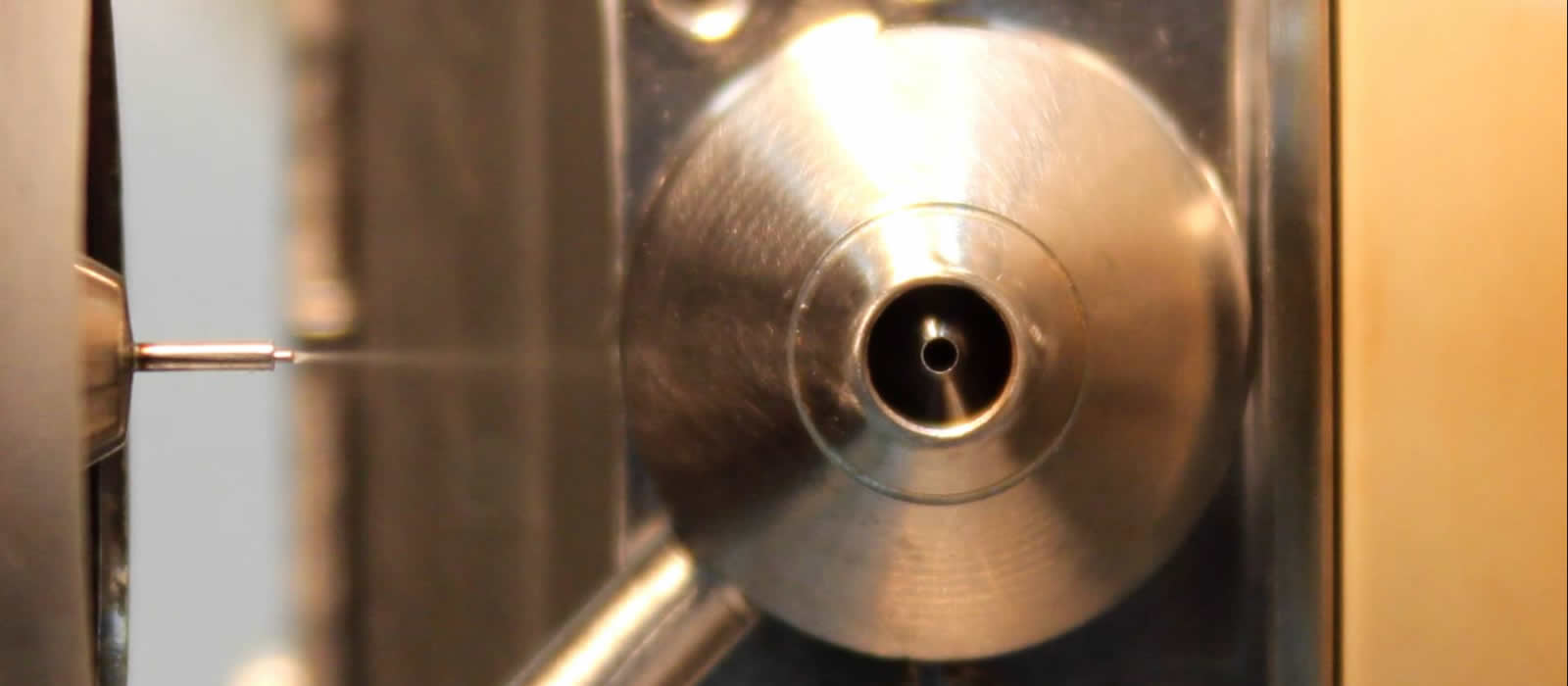Mass spectrometry (MS) has proven to be a powerful analytical tool in many scientific fields for nearly a century. Advances made in soft ionization techniques such as electrospray ionization (ESI) and matrix-assisted laser desorption ionization (MALDI) have expanded the use of MS to the biological sciences, allowing biomolecules to be ionized and sampled in the gas phase without fragmentation.
These advances have been echoed in an explosion of publications over the past 20 years that have used MS as a tool to illuminate information pertaining to a biological question. The majority of MS-based bioanalytical studies to date have focused on cataloguing the species present in a sample at a static moment in time. Although this is important, measuring the dynamics of a system in response to a stimulus not only aids identification efforts, but offers mechanistic insight into the cellular processes involved. Gaining a better understanding of these dynamics, often expressed through a change in concentration or in the degree of modification, will enhance the accuracy of cellular models, assign functional roles to the identified species as well as highlight new diagnostic and therapeutic strategies.
The research program of the Smith group will focus on developing novel methods to efficiently measure the dynamics of a range of biomolecules including proteins and lipids with the downstream goals of elucidating disease biomarkers and further characterizing biosynthetic and biochemical pathways.



